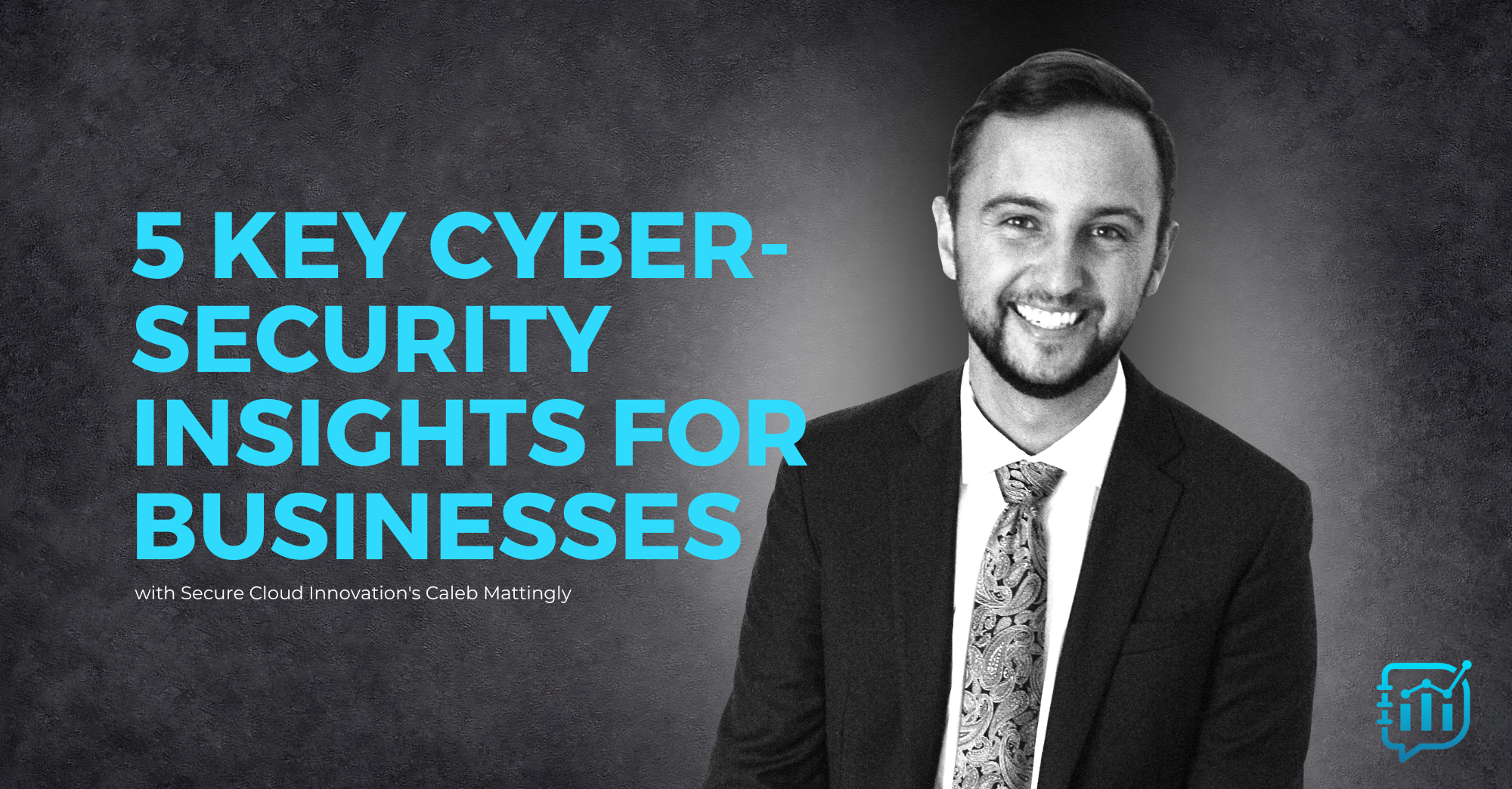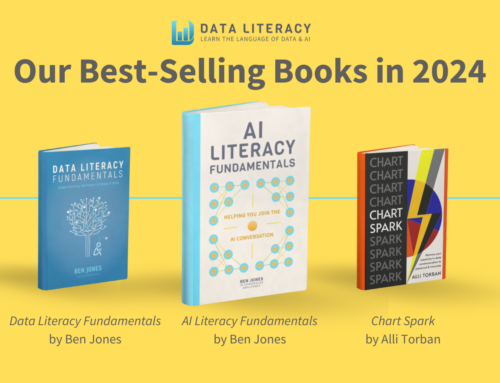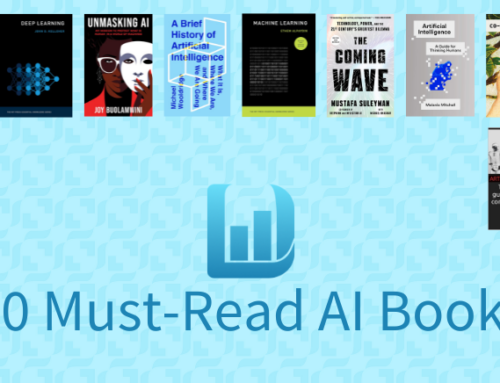
Interview with an Expert: 5 Key Cybersecurity Insights for Businesses
Alli Torban interviews Caleb Mattingly
At Data Literacy, we take our customers’ data security seriously and have worked with cybersecurity firm Secure Cloud Innovations for over a year. Their expertise impressed us so much that we had to interview co-founder Caleb Mattingly. During our conversation, he shared valuable insights on a fast-growing cyber threat, common traits of companies that respond well to attacks, and more…Let’s go!
Q: How would you describe cybersecurity in simple terms?
A: Think of cybersecurity like protecting your digital information from “bad actors” who want to get access to your info without your permission and use it for their benefit. It’s kind of like locking the doors of your house to keep out intruders, but for your computer.
Q: What’s an increasingly common cyber threat that companies are learning to handle?
A: Lately, we’re seeing an uptick in “smishing” — a type of phishing scam over text messages. Basically, a scammer might text you pretending to be your boss, claim to be in a meeting, and ask for a favor. For example, they’ll ask you to purchase a $250 gift card and text back the bar code. One way to protect yourself is by setting up a secret code word with your team so you can verify requests before taking any action. Ultimately, bad actors are always looking for opportunities to leverage the information they have about you to trick you into giving away more sensitive information or money. Education and awareness training helps prevent falling victim to smishing and other types of cyber attacks.
Q: In your experience, how does the approach to cybersecurity differ between small and large businesses?
A: For small businesses, outsourcing cybersecurity training and protocols is pretty common. As a specialist, I find it easier to integrate protocols into their processes since they can move quickly. On the other hand, medium to larger companies have more phases to building a cybersecurity program. We spend more time discovering each team’s different processes before customizing protocols that make cybersecurity strong and consistent across the entire organization. Once a company surpasses 150 or 200 employees, it’s typical for them to begin hiring internal cybersecurity teams.
Q: What is a common mistake that companies make with data privacy?
A: Have you noticed how websites are showing more and more cookie warnings lately? It’s because governments are implementing stricter regulations on how customer data is processed, both in the U.S. and globally. Companies that aren’t keeping up with these changes are putting themselves at risk of legal action, like being sued. To avoid this and provide customers with the data protection they deserve, it’s crucial for businesses to keep track of compliance requirements and make necessary adjustments.
Q: For the companies that you’ve seen respond well to cyber attacks, what do they all have in common?
A: When it comes to responding to cyber attacks, companies who handle them well have plans and protocols in place beforehand. This helps the team act quickly and efficiently. Their response plan involves four basic steps:
- Get rid of the attacker.
- Close the gap they used to get in.
- Evaluate any damage or data that might have been accessed.
- Finally, if any customer’s personal information has been compromised, let them know.
Q: How do you think emerging technologies, such as artificial intelligence, will affect cybersecurity?
A: While AI is interesting, I believe that quantum computing will have a bigger impact on cybersecurity. Quantum computing will change the way encryption works, which will affect data protection for everyone. Put simply, modern cryptography is based on multiplication with large prime numbers, which is a time-consuming process for bit-based computers. However, quantum computing uses qubits that can exist as both a one and a zero at the same time, allowing quantum computers to process much faster than regular computers. As quantum computing becomes more popular, organizations will need to adopt quantum-resistant cryptography and encryption to fight against bad actors who use quantum computing to hack into their systems.
Thank you, Caleb, for sharing your expertise with us! If you’re in a small to medium-sized business that needs help preparing for when (not if!) a cyber attack happens, please feel free to reach out to Caleb’s team at Secure Cloud Innovations. And…who else just bought a quantum computing book?! 🤓
Alli Torban is a Senior Data Literacy Advocate at Data Literacy LLC, with more than 15 years of experience solving complex data challenges for government agencies, research institutes, and corporate clients. Alli possesses technical expertise in data communication and a demonstrated talent for combining data and design in an inclusive way, making her a highly effective information designer and trainer. She shares her knowledge on her popular podcast, Data Viz Today, which earned her the Impactful Community Leader award from the Data Visualization Society. When she’s not teaching clients the language of data, Alli enjoys designing tessellations and walking to the library with her daughters.






